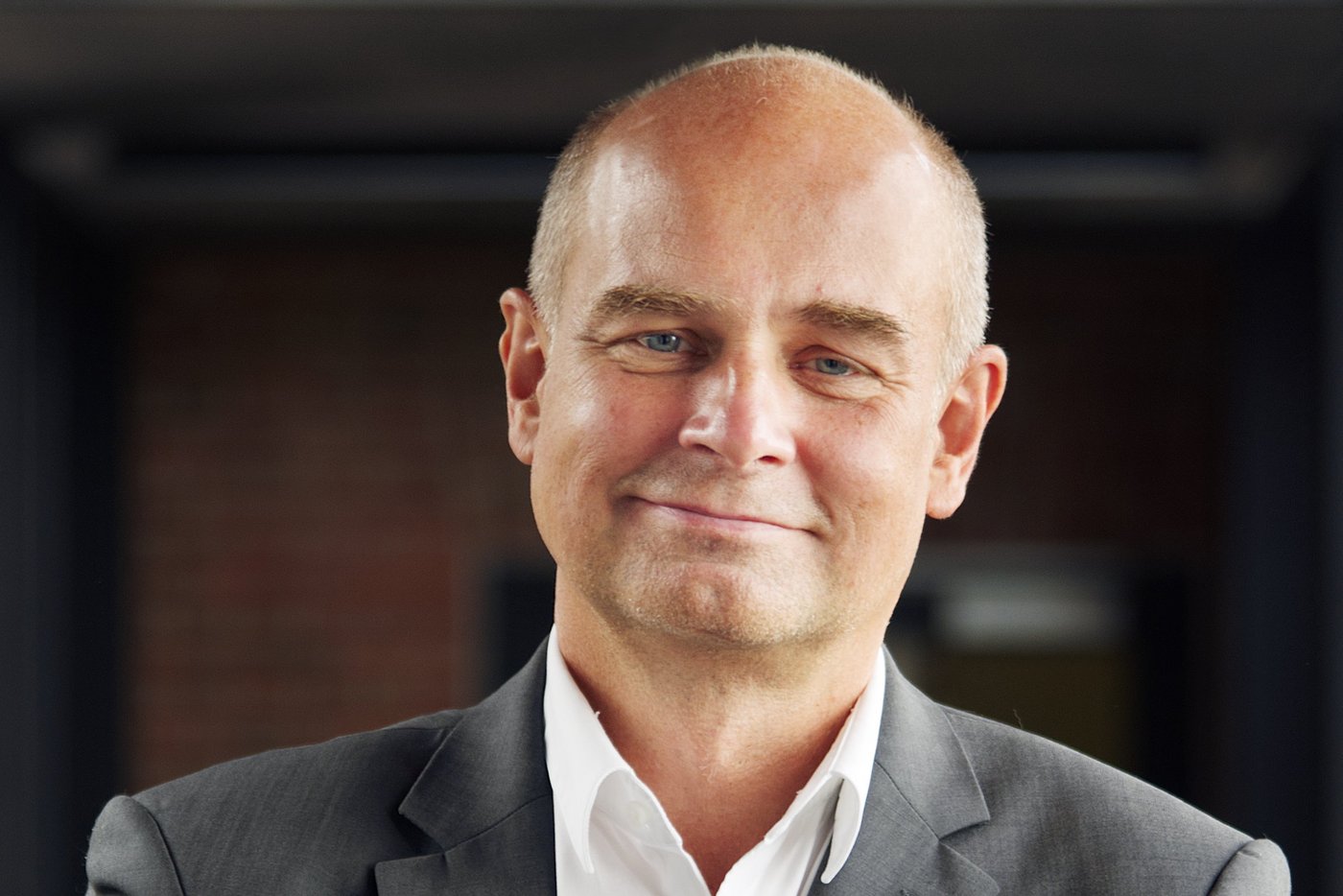Anniversary of the Kumasi Centre for Collaborative Research in Tropical Medicine (KCCR)
Hamburg gratuliert zu 25 Jahren exzellenter tropenmedizinischer Forschung in Ghana
Kumasi/Hamburg – Mit einem Festakt und einem wissenschaftlichen Symposium begeht das Kumasi Centre for Collaborative Research in Tropical Medicine (KCCR) in Ghana sein 25jähriges Bestehen. Die Forschungseinrichtung wird gemeinschaftlich von der Kwame Nkrumah University of Science and Technology (KNUST), dem ghanaischen Gesundheitsministerium und dem Bernhard-Nocht-Institut für Tropenmedizin (BNITM) betrieben. Grundlage des Joint Venture ist ein Staatsvertrag zwischen der Republik Ghana und der Freien und Hansestadt Hamburg.

For two days, from 29-30 November, the KCCR celebrates 25 years of successful research on infectious diseases: in the tropics, on the campus of the KNUST University in Kumasi, Ghana's second largest city. At the end of 1997, the Republic of Ghana and the Hamburg Senate had concluded a state treaty that assures privileged conditions for international scientific projects in the country. Subsequently, the KCCR has developed into a major, internationally recognised research institute. It has played a central role in the management of the COVID-19 pandemic in Ghana.
The President of Ghana, Nana Akufo-Addo, several ministers and Otumfuo Osei Tutu II, the King of the Ashanti, the largest ethnic group in the West African country, plan to attend the ceremony on 29 November in the Great Hall of KNUST in Kumasi. The symposium the following day is dedicated to current research topics.
State-of-the-art laboratories
Among the research successes of the KCCR are studies on the spread, genetics and immune response in malaria, the epidemiology of antimicrobial resistances, the treatment of river blindness, research into the genetic causes of a form of hereditary hearing loss, and the treatment of tuberculosis, HIV and neglected tropical diseases.
Currently, research is being conducted on the major topics of global health and One Health, as well as on the epidemiology, treatment and prevention of infectious diseases. The focus is on malaria, SARS-CoV-2 and tropical skin diseases in addition to antimicrobial resistances.




The research facility has biosafety level 2 and 3 laboratories, a cold storage, an insectarium and state-of-the-art diagnostic and sequencing laboratories. At the ceremony, a new building block with laboratories to address disease outbreaks is going to be opened.
Sample transport with drones
During the coronavirus pandemic, the institute became one of Ghana's central national diagnostic facilities. As early as the beginning of February 2020, the laboratories started PCR testing of samples from first suspected COVID-19 cases. In addition, the KCCR set up a walk-in station with PCR tests for students, employees, footballers and travelers. Even drones were used to transport patient samples from surrounding districts to the institute. In addition, scientists trained about 300 Ghanaian health workers to collect and safely transport samples.

The Scientific Director of the KCCR, Prof. Richard Odame Phillips: "The pandemic was an unprecedented challenge also for the KCCR. After all, our research into One Health and coronaviruses paid off. And 25 years of collaborative research paid off. Pathogens do not stop at borders. We can only achieve global health together. This is the spirit in which we want to continue our work."
The Minister of Science and Deputy Mayor of the Free and Hanseatic City of Hamburg, Katharina Fegebank: "The KCCR has an impressive track record: Within 25 years, it has succeeded in achieving internationally recognised scientific excellence in resource-limited countries. I am pleased that Hamburg has an excellent cooperation with Ghana through the Bernhard Nocht Institute for Tropical Medicine and the KCCR. This once again underlines the strengths of Hamburg as a science location in infection and One Health research."


The Chairman of the BNITM Board, Prof. Jürgen May: “At BNITM, the KCCR is particularly close to our hearts. Over the past 25 years, researchers from Ghana and Germany have succeeded in building a leading research institute in Africa, with curiosity, ambition and high personal commitment. We can only master the challenges for global health together, through equal research on an equal footing. We look forward to continuing our sustained collaboration with KCCR in this spirit."
The KCCR now has more than 300 staff, 13 research groups and numerous other research projects. It cooperates with 116 partner institutions worldwide. The number of publications increased from one to three annually in the founding years to 78 in 2022. Further growth is anticipated.
4.757 characters (with spaces)
Background information
The KCCR operates on the basis of a state treaty signed by the Republic of Ghana and the Free and Hanseatic City of Hamburg in 1997. According to this agreement, KNUST makes part of its campus available to the institute and organises the logistical connection to the university. The BNITM provides the basic funding with its federal and state funds from the Leibniz Association. The scientists at the KCCR raise the necessary third-party funds for their research projects. The KCCR research building was constructed and expanded with funds from the Volkswagen Foundation, state institutions and the association of Friends of the Tropical Institute Hamburg e.V.
Contact person
Prof. Dr Richard Odame Phillips
Scientific Director KCCR
Email : info@kccr.de
Prof. Dr Jürgen May (Chair)
Board of Directors
Phone : +49 40 285380-261
Email : chair@bnitm.de
Dr Eleonora Schoenherr
Public Relations
Phone : +49 40 285380-269
Email : presse@bnitm.de
Julia Rauner
Public Relations
Phone : +49 40 285380-264
Email : presse@bnitm.de







